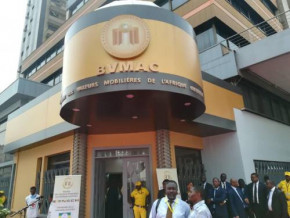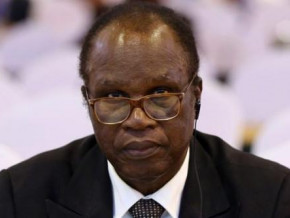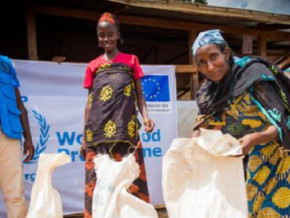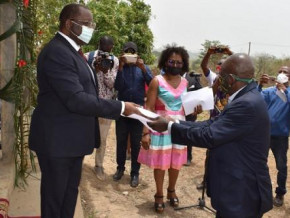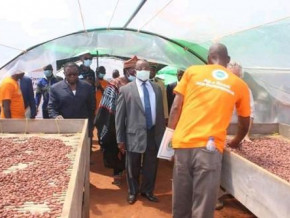
CEMAC: Cameroon eyes US$710.7 mln on the BEAC and BVMAC markets in 2023
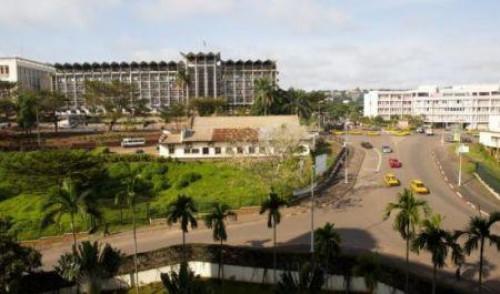
(Business in Cameroon) - Pursuing the hybrid strategy it adopted in 2022, Cameroon plans to organize operations on the BVMAC -the Central African Stock Exchange- and the BEAC’s financial market for its budget needs in 2023, even though the BEAC offers more favorable terms.
Cameroon plans to raise XAF450 billion (US$710.7 million) by issuing public securities in 2023, according to the 2023 finance bill submitted to the parliament. This envelope is XAF100 billion less than the XAF550 billion issuance cap authorized by the June 2, 2022, amended bill for the 2022 fiscal year.
To raise these funds, Cameroon will not focus on the central bank (BEAC)’s public securities market as it did during the 2019-2021 period. It will rather pursue the hybrid strategy it adopted in 2022; issue its securities both on the BEAC’s public securities market and on the regional stock exchange BVMAC.
The BEAC offers more favorable conditions than the BVMAC. Indeed, by raising funds on the BEAC’s public securities market, issuers can save about 2%. Nonetheless, Cameroon is more focused on dynamizing the unified stock exchange (the BVMAC), which is currently stalling. Also, as the Finance Ministry explains, this year when it started issuing public securities on the BVMAC, Cameroon offered more subscription alternatives to allow subscribers to contribute to state financing.
BEAC: An increasingly crowded public securities market
Another reason that can explain why CEMAC countries are diversifying their fundraising sources is the current state of the BEAC public securities market. Indeed, authorized sources reveal that given the poor dynamism of the secondary market, it is difficult for banks to sell the public securities they have acquired to other investors.
For example, according to official data, as of late August 2022, primary dealers were still holding 78.8% (XAF3.973 trillion) of the public securities they acquired on the BEAC public securities market. Institutional investors were holding 13.8% against 1.6% for individual investors, who are still expected on the secondary market.
With a large portfolio of public securities and the need to comply with prudential ratios, it could be difficult for primary dealers that operate on the BEAC’s public securities market to provide the XAF450 billion needed by Cameroon in 2023. In addition, in recent years, a growing number of CEMAC countries have been courting these primary dealers. So, the regional securities exchange is an attractive alternative to secure the funds to add to the proceeds Cameroon would raise on the BEAC capital market.
Brice R. Mbodiam
Mags frontpage
- Most read 7 days
- shared 1 month
- read 1 month




